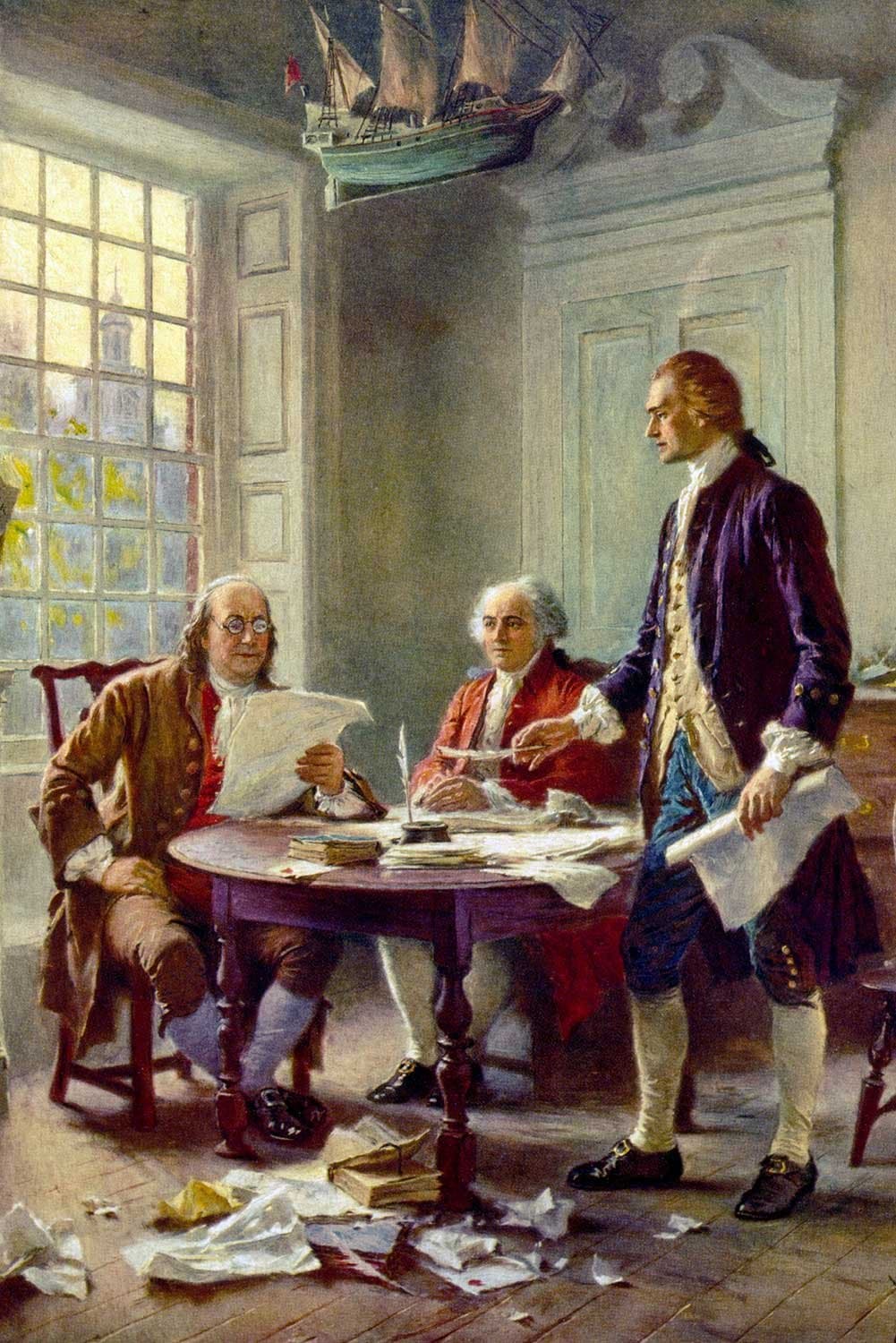John Adams: The "Atlas of Independence" Who Shaped Early American Military and Governance

Philadelphia, PA – John Adams played an instrumental and multifaceted role in the American Revolution, particularly during the Second Continental Congress, contributing significantly to the establishment of the nascent nation's military, diplomatic efforts, and foundational legal frameworks. A recent tweet highlighted his extensive contributions, noting that Adams "helped outfit the Army and Navy, and then helped Jefferson draft the Declaration of Independence." His influence extended to "financing the Revolution and architecting foundational documents of the nation."
During the Second Continental Congress, which convened in May 1775, Adams quickly emerged as a leading advocate for independence. He was pivotal in organizing the Continental Army, notably nominating George Washington as its commander-in-chief in June 1775. Adams subsequently served as the head of the Board of War and Ordnance, a role akin to a Secretary of War, where he was responsible for overseeing the army's operations, supplies, and equipment. He also chaired the Marine Committee, actively working to establish a Continental Navy.
Adams's involvement in the drafting of the Declaration of Independence was crucial, despite Thomas Jefferson being its primary author. As a member of the Committee of Five tasked with preparing the document, Adams famously persuaded Jefferson to undertake the writing. He then became the Declaration's most ardent advocate and defender during the intense congressional debates leading to its adoption on July 4, 1776.
Beyond military and legislative contributions, Adams was vital in securing financial support for the Revolutionary cause. He undertook critical diplomatic missions to Europe, including to the Dutch Republic, where he successfully negotiated a much-needed loan of five million guilders. These efforts were essential in sustaining the war effort and establishing the United States' financial credibility on the international stage.
Furthermore, Adams was a profound legal and constitutional thinker, laying intellectual groundwork for American governance. His influential pamphlet, "Thoughts on Government" (1776), widely circulated among the colonies, provided a blueprint for new state constitutions. He also single-handedly drafted the Massachusetts Constitution of 1780, which became a significant model for the later U.S. Constitution, emphasizing principles like the separation of powers and bicameral legislature. His "Defence of the Constitutions of Government of the United States" further articulated these republican ideals.